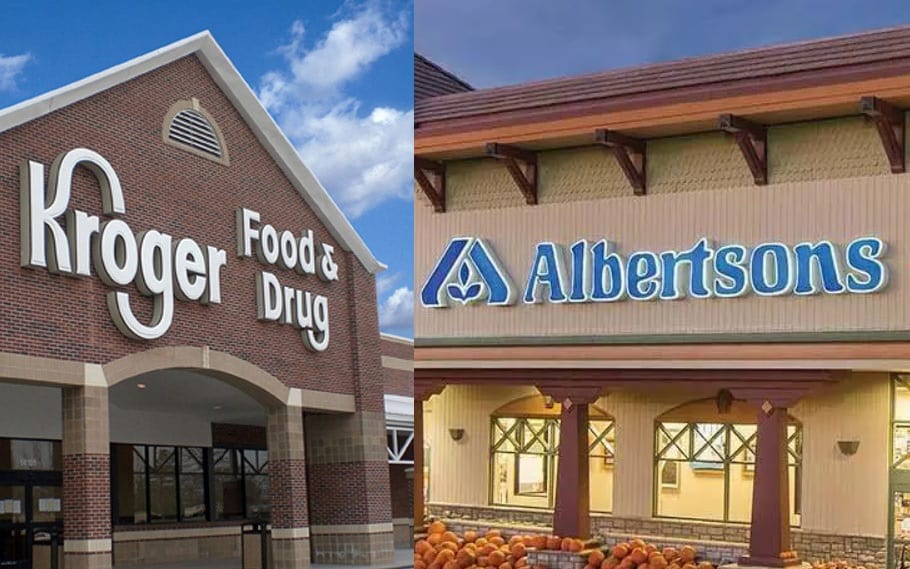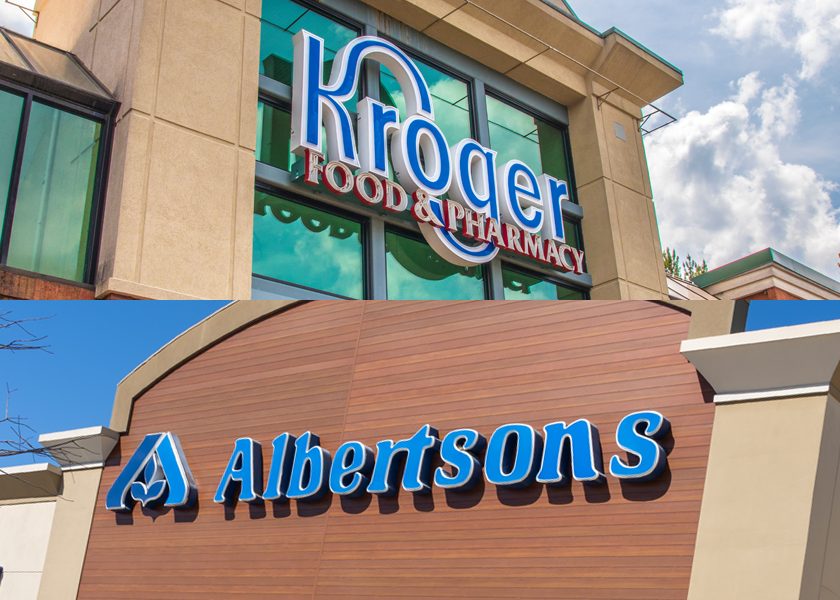
Kroger and Albertsons Grocery Megamerger Blocked by Courts
In a significant antitrust ruling, the US District Court for the District of Columbia has blocked the proposed $24.6 billion merger between Kroger and Albertsons, two of the largest supermarket chains in the country. This decision is a major setback for the companies, who had argued that the merger would create a more efficient and competitive grocery industry.
Market Concentration and Antitrust Concerns
The merger, if approved, would have created a grocery giant with over 4,500 stores and combined annual sales of approximately $200 billion. This would have significantly increased market concentration in the grocery industry, raising concerns among antitrust regulators and consumer advocates.
The Department of Justice (DOJ) argued that the merger would have resulted in higher prices, reduced consumer choice, and diminished competition in the grocery market. The DOJ provided evidence that the combined company would have controlled a dominant market share in many regions of the country, giving it the power to raise prices without fear of losing customers.
Competitive Landscape and Industry Dynamics
Kroger and Albertsons argued that the merger would actually enhance competition in the grocery industry. They claimed that the combined company would be better equipped to compete with other large retailers, such as Walmart, Amazon, and Costco.
However, the court found that these claims were not supported by evidence. The court noted that the grocery industry is already highly competitive and that there are many other competitive chains in the market, including Target, Publix, and Aldi.
Consumer Impact and Public Interest
The blocking of the Kroger-Albertsons merger is a victory for consumer advocates and antitrust enforcement. It sends a clear message that the government will not tolerate mergers that harm consumers and reduce competition.
The merger would have likely led to higher grocery prices for consumers, especially in areas where Kroger and Albertsons are major players. It would have also reduced consumer choice and limited the availability of competitive alternatives.
Conclusion
The blocking of the Kroger-Albertsons merger is a significant development in the grocery industry. It demonstrates the government’s commitment to antitrust enforcement and protecting consumer interests.
The decision also highlights the challenges faced by large companies in consolidating market power. Mergers that significantly reduce competition and harm consumers will face close scrutiny and may be blocked by antitrust regulators.
The grocery industry is likely to remain competitive in the years to come, with a variety of large and small chains competing for consumer business. This competition is beneficial for consumers, as it keeps prices low and provides a wide range of choices.



